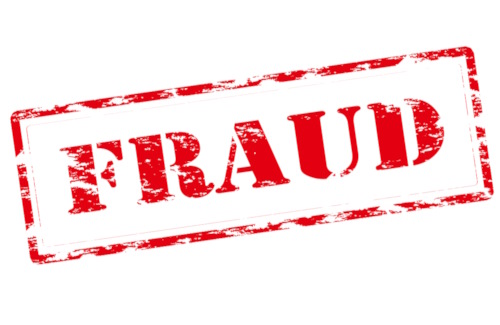The Enforcement of Judgments law provides a very expansive and useful scheme for judgment collection but is not equipped to handle certain debtor shenanigans. Fraudulent Transfers are one such scheme, which require a new lawsuit, and some expertise in litigation that falls outside of normal Judgment Collection Law. (Cal. Civil Code 3439 et seq, Uniform Voidable Conveyances Act, formerly Fraudulent Transfer Act) There are two basic types of Fraudulent Transfers:

Transfer Voidable if Debtor intended the transfer to defraud creditors.
Easy in theory but hard in practice, C.C. 3439.04(a)(1) only requires that Creditor show that a transfer was made with “intent to hinder, delay or defraud” creditors. Since most debtors don’t actually admit they transferred their assets to defraud their creditors, this is proved by showing presence of certain factors known as “Badges of Fraud” [C.C. 3439.04(b)] Things such as
*Debtor transferred asset to an “insider” (family member, spouse, business partner, etc.) (b)(1)
*Debtor incurred debts or was threatened with lawsuits shortly before transfer (b)(4)
*Debtor was insolvent at time of transfer, or became insolvent as result of transfer (b)(9)
The list goes on- there are 12 badges of fraud, and no single one is more important or less, and no certain combination guarantees the creditor a victory, or a loss. These cases are very fact specific.
Transfer voidable if Debtor did not receive reasonably equivalent value, and Debtor was engaged in a business where debtor assets were unreasonably small compared to transaction, OR Debtor intended to incur or should have known he was about to incur debts beyond his ability to pay.
C.C. 3439(a)(2) is a variation of an intentional fraudulent transfer, but where debtor transfers assets before getting into debt and not after, but with the knowledge that things are happening which would likely lead to being in debt shortly thereafter. Transfers made in anticipation of upcoming debts- even if they aren’t there yet when the transfer is made- can be reversed.
Transfer voidable if Debtor did not receive reasonably equivalent value AND Debtor was insolvent as a result of the transfer, or was insolvent at the time of transfer.
Under C.C. 3439.05, a transfer can be reversed if
*Debtor did not receive reasonably equivalent value for it; and
*Debtor was insolvent at time of, or rendered insolvent by, thee transfer.
This is known as constructive fraudulent transfer, and appears on its face much easier to prove than debtors subjective intent.
However, solvency is often a sticking point, and in just about every case we have been involved in, Debtors, many of whom owe money all over town, attempt to show they were somehow “Solvent” when the transfer happened- usually by alleging that dubious “assets” have inflated values.
A few actual case examples are:
*Owner siphoned off $500k from his Debtor company and shut it down. Debtor company left with nothing except some worthless trademarks which hadn’t been used in years and didn’t make much money even when they were in use. Debtor tried to say Trademarks were worth $10mil even though they were worth nothing.
*Debtor transferred $2mil asset and was left with nothing but millions in debt, EXCEPT debtor had some pending lawsuits against various people which were most likely frivolous and bad. Debtor valued these “assets” at $10mil.
In cases like this, it is necessary to use expert witnesses and other discovery, to establish the value (or lack thereof) of dubious assets like these. This can get expensive and difficult.
Fraudulent Transfer Case Law (updated periodically)
Statute of limitations on Fraud Transfer starts from date of judgment, not date of transfer, if transfer made during litigation (Cortez v Vought) (But be careful of the 7 year drop dead date [statute of repose], C.C. 3439.09)
Debtor who intentionally takes non-exempt property and converts it to exempt property has committed a fraudulent transfer (Nagel v Westin)
Sham Divorce Agreement that divides property unequally to avoid one spouses creditors, can be a fraudulent transfer. (Mejia v Reed)
Collection Attorneys in Los Angeles since 2011, The Evanns Collection Law Firm has been enforcing judgments for years, and has handled multiple fraudulent transfer cases from start through resolution, and obtained great results for clients. These sorts of cases have many technicalities, ins and outs and are best left to those who know them well. Call at 213-292-6888. Phone calls are always free.

